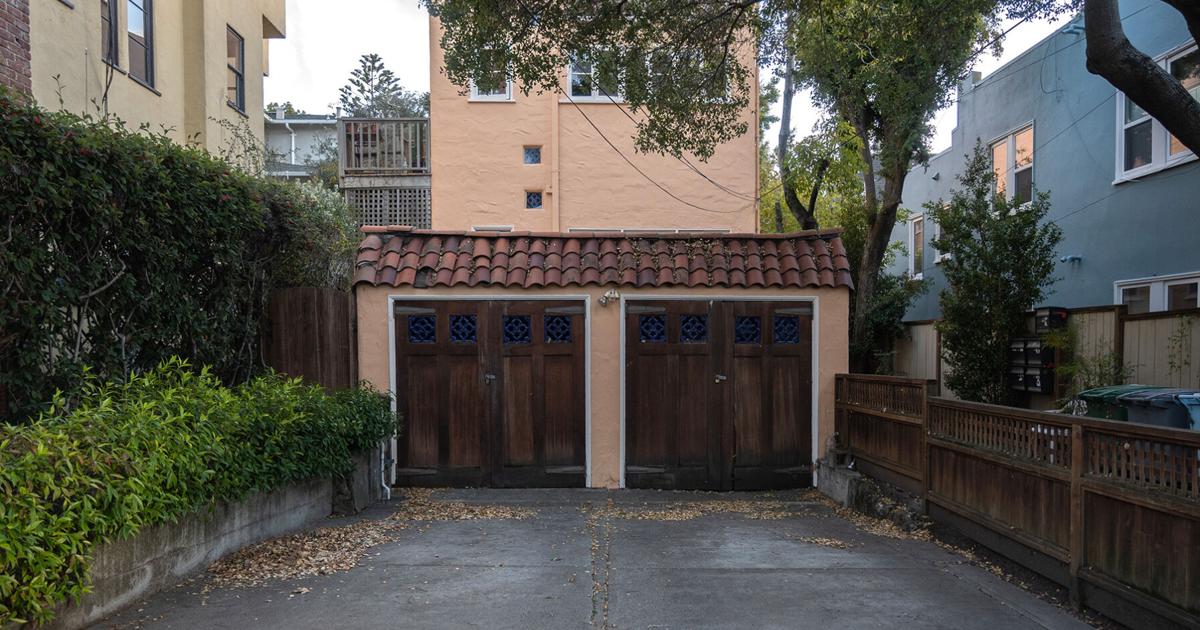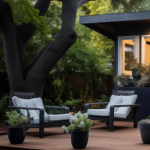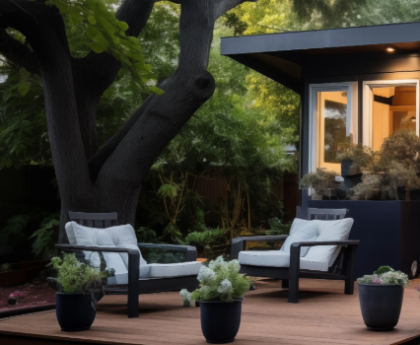
An item allowing accessory dwelling units, or ADUs, to be sold separately from a primary unit was passed unanimously by the Berkeley City Council at last Tuesday’s regular meeting.
The item follows California State Assembly Bill 1033, authored by Assemblymember Phil Ting, that began allowing Californians to sell and buy ADUs as condominiums separately from the main housing unit earlier this year.
Councilmember Rashi Kesarwani, who introduced the implementation of AB 1033 to Berkeley, took to X, formerly known as Twitter, to celebrate the passage of her item and said that once the bill is implemented, Berkeley residents will have new access to “entry-level home ownership opportunities.” Kesarwani added that these opportunities are currently and have been historically unavailable to residents.
Councilmembers Mark Humbert and Terry Taplin were listed as cosponsors on the agenda item.
The item was also notably co-sponsored by newly elected Councilmember Cecilia Lunaparra, who took her seat on the council this month.
The passage of the item will require any previous sale restrictions in previously passed ADU-related city legislation to be eliminated.
Additionally, just a week after the passage of the item at the Berkeley City Council, rights for ADUs may also be expanded at the state level.
On Tuesday, the California Senate voted to pass two bills written by state senator Nancy Skinner who serves as the chair of the Senate Housing Committee, that will make it easier to build more ADUs in California.
One bill, SB1211, is intended to open the door to construct more ADUs as second units or backyard cottages on properties with multifamily housing, according to a press release from Skinner’s office.
The second bill, SB 1210, is designed to bring transparency to the “costly hook-up fees charged for water, sewer, electrical and gas services in newly constructed housing units, including ADUs, the press release added.
“The cost of such fees are now often hidden or difficult to obtain in advance, making it difficult for home owners or others developing residential units to plan appropriately for the expected costs related to their new housing unit,” the press release reads.
The state Senate approved SB 1210 on a vote of 33-5, while SB 1211 won approval by a 29-8 vote. Both bills now head to the state Assembly.
This is not the first time the expansion of ADU constructions has recently made headlines at both a state and local level.
Last October, the Berkeley City Council voted to adopt new ADU regulations, which expanded the ADU height maximums to 20 feet and allowed for two-story ADU constructions — another item introduced by Kesarwani. During that vote, the item passed with seven votes and two abstentions.
At the state level, a series of ADU reforms increased the number of ADU constructions permitted per year from 800 to 25,000, Skinner’s press release explained.
“ADUs are the fastest-growing sector of California’s housing market,” Skinner said in the press release. “They are easier and cheaper to build, and recent state laws have streamlined their permitting.”



